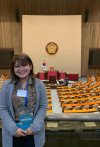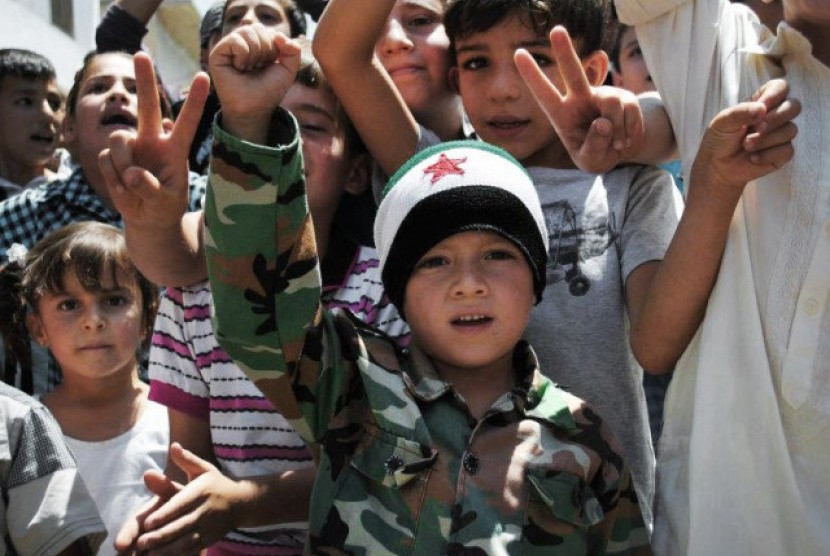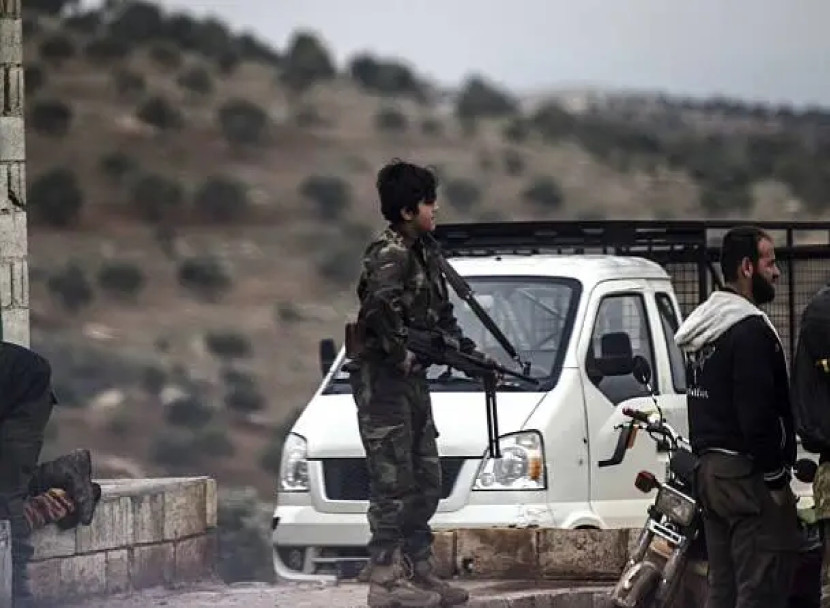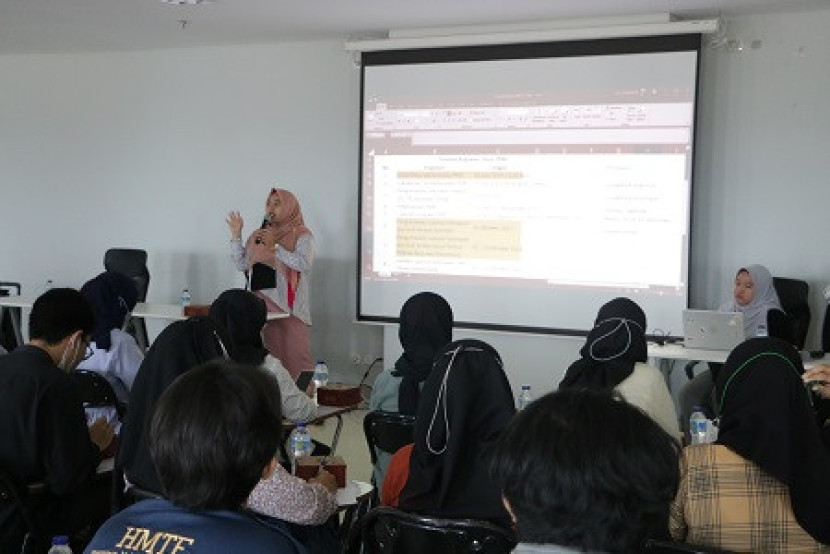 Fergi Nadira Bachruddin
Fergi Nadira Bachruddin
Small Hands, Heavy Burden: Syrias Child Soldiers Speak Out
Kolom | 2024-07-28 14:36:58
Written by Lulu Anggriani, International Human Rights Law Graduate of Sussex University.
In the shadow of Syria's ongoing conflict, the plight of child soldiers emerges as a heartbreaking reality, something that crosses borders and leaves deep scars for generations. Amidst the chaos, children not only face the horrors of war but also the tragic fate of being forced into armed groups or pushed into roles far beyond their years. The United Nations High Commissioner for Refugees has rightly called Syria's conflict the "worst humanitarian crisis of our time," highlighting its devastating impact on innocent lives.
Stories from Syria paint a stark picture where childhoods are shattered amidst the clash of powerful forces. These young souls, barely out of primary school, find themselves caught in the chaos, some pushed into combat, others serving as cooks, messengers, or worse, subjected to exploitation. The grim reality is compounded by the heartbreaking involvement of children in acts of terror, a tragic consequence of modern warfare. Reports from the frontlines detail children as young as eight or nine thrust into the midst of war, their innocence sacrificed to conflict.

Despite international condemnation, the Syrian Democratic Forces (SDF) and various opposition militias continue to use child soldiers, violating the principles laid out in the United Nations Convention on the Rights of the Child (UNCRC). The UNCRC stands as a global beacon against such atrocities, aiming to protect vulnerable children from the ravages of war. Yet, despite its noble goals, child soldiering persists. The legal and social protections outlined by the UNCRC struggle to be effective in the face of entrenched conflict and geopolitical complexities.
Syria, despite efforts to enact laws and receive international support, struggles to contain the issue within its borders. Legislative reforms and protective measures, such as the Family Protection Unit established in 2017, offer some hope amidst the turmoil. However, these efforts are hindered by the challenges of a war-torn nation striving for sovereignty and stability.

International pressure mounts as the Syrian National Army (SNA) and SDF intermittently commit to demobilization efforts. These promises, discussed on the global stage, falter amidst the fragmented command structures and competing interests that define Syria's complex conflict landscape. The Committee on the Rights of the Child (CRC), responsible for oversight, issues periodic reports that document the horrors unfolding in Syria. Yet, while these reports raise global awareness, they often struggle to prompt decisive action to halt child militarization.
Beyond reports and resolutions, the CRC must shift towards proactive measures that include prevention, robust demobilization programs, and comprehensive efforts to reintegrate former child soldiers. Transitioning from soldier to civilian demands more than just legal mandates; it requires societal support for healing and restoration of these scarred young lives. The 2015 UN General Assembly's adoption of the 2030 Agenda for Sustainable Development brings hope, pledging to eradicate violence against children in all its forms.
This global initiative, however, demands steadfast commitment and concrete actions to translate promises into tangible protections. In the midst of discussions, a poignant truth emerges, the issue of child soldiers calls for a united response that transcends borders and ideologies. The "Children, Not Soldiers" campaign, launched in 2014, exemplifies the potential of global cooperation.

Yet, its impact is tempered by the complexities of politics and shifting alliances. As the international community navigates these turbulent waters, the focus must extend beyond prevention to encompass healing and restoration. Demobilization efforts, paired with comprehensive reintegration strategies, offer a pathway towards reclaiming lost childhoods and securing a future free from the shadows of war.
In conclusion, the specter of child soldiers looms large over Syria, a grim testament to diplomatic failures and the human cost of conflict. While legal frameworks provide a foundation, their effectiveness hinges on global solidarity and unwavering commitment. It is our collective responsibility to respond, to champion the rights of every child, and to strive for a future where innocence is shielded from the ravages of war.
Disclaimer
Retizen adalah Blog Republika Netizen untuk menyampaikan gagasan, informasi, dan pemikiran terkait berbagai hal. Semua pengisi Blog Retizen atau Retizener bertanggung jawab penuh atas isi, foto, gambar, video, dan grafik yang dibuat dan dipublished di Blog Retizen. Retizener dalam menulis konten harus memenuhi kaidah dan hukum yang berlaku (UU Pers, UU ITE, dan KUHP). Konten yang ditulis juga harus memenuhi prinsip Jurnalistik meliputi faktual, valid, verifikasi, cek dan ricek serta kredibel.











